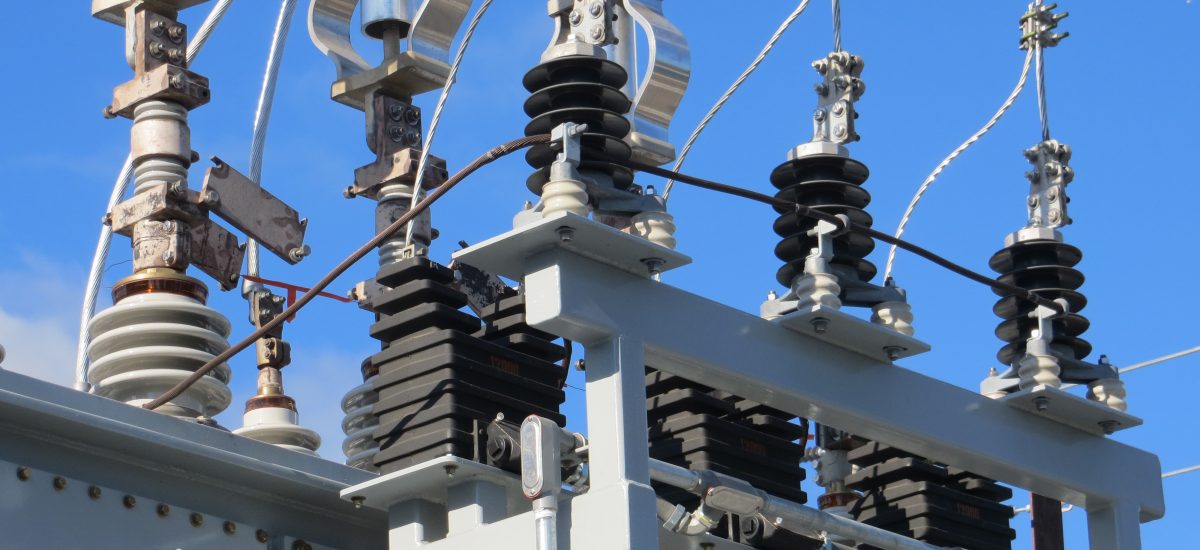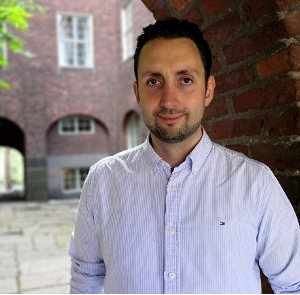
AI techniques for Power Systems Under Cyberattacks
Objective
The team will address five objectives regarding cyberattacks on power systems based on state-of-the-art AI methods: (1) designing graph neural networks that can process power data to learn the state of the system and detect cyberattacks; (2) developing AI algorithms that utilize image recognition techniques using convolutional neural networks to detect denial of view and image replays resulting from cyberattacks; and (3) developing optimization techniques to robustify previously designed neural networks against adversarial data. Selecting power system operating points and policies through attack-aware methods creates a resilient system. If an attack is not immediately sensed, operating from such a position of strength buys time for detection algorithms. Objectives 4 and 5 aim to develop attack-aware AI methods via distributionally robust optimization and cascading failure analysis.
Background
The operation of power systems is becoming data-centric to improve the efficiency, resiliency, and sustainability of power systems and address climate change. Major operational problems, such as security-constrained optimal power flow, contingency analysis, and transient stability analysis, rely on the knowledge extracted from sensory data. Data manipulation by a malicious actor tampers with grid operation, with catastrophic consequences, including physical equipment damage and cascading failures. Developing frameworks and methodologies that help power operators protect the power grid against such malicious attacks is paramount to national security.
Crossdisciplinary collaboration
The project is a collaboration between the University of California Berkeley, California Institute of Technology, KTH Royal Institute of Technology and Electric Power Research Institute. Assistant Professor Jan Kronqvist leads the research in the Department of Mathematics at KTH. At KTH, the research is focused on developing optimization techniques to robustify previously designed neural networks against adversarial data and the fundamental mathematical theory needed to develop such optimization techniques.
Contacts at other participating institutes:
- Javad Lavaei, Associate Professor, Industrial Engineering and Operations Research, University of California, Berkeley
- Somayeh Sojoudi, Assistant Professor of Electrical Engineering & Computer Science, University of California, Berkeley
- Steven Low, Professor of Computing and Mathematical Sciences and Electrical Engineering, California Institute of Technology
- Jeremy Lawrence, Principal Technical Leader at Electric Power Research Institute, Electric Power Research Institute
Watch the recorded presentation at the Digitalize in Stockholm 2023 event:
Contacts

Jan Kronqvist
Assistant Professor at KTH, Co-supervisor: SMART – Smart Predictive Maintenance for the Pharmaceutical Industry, Former Co-PI: Autonomous coordination and control of smart converters for sustainable power systems, Digital Futures Faculty
jankr@kth.se

